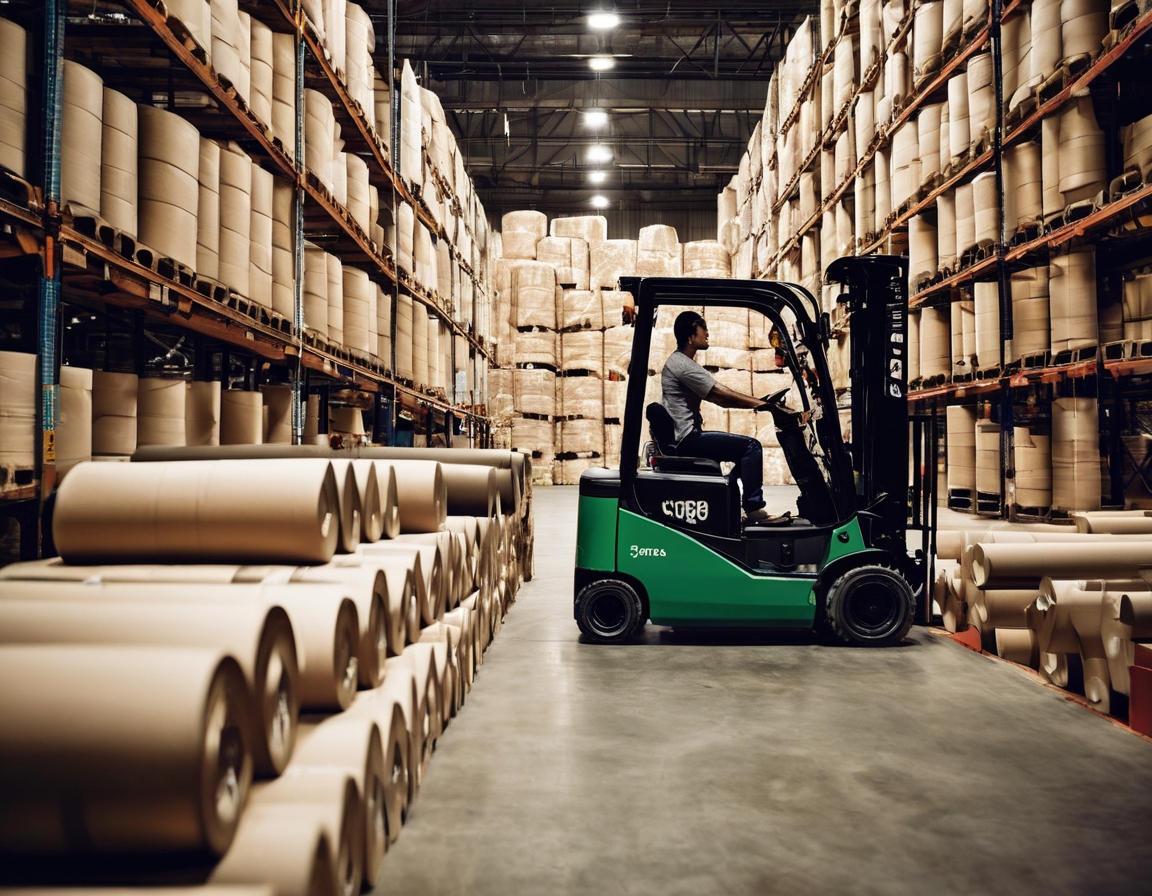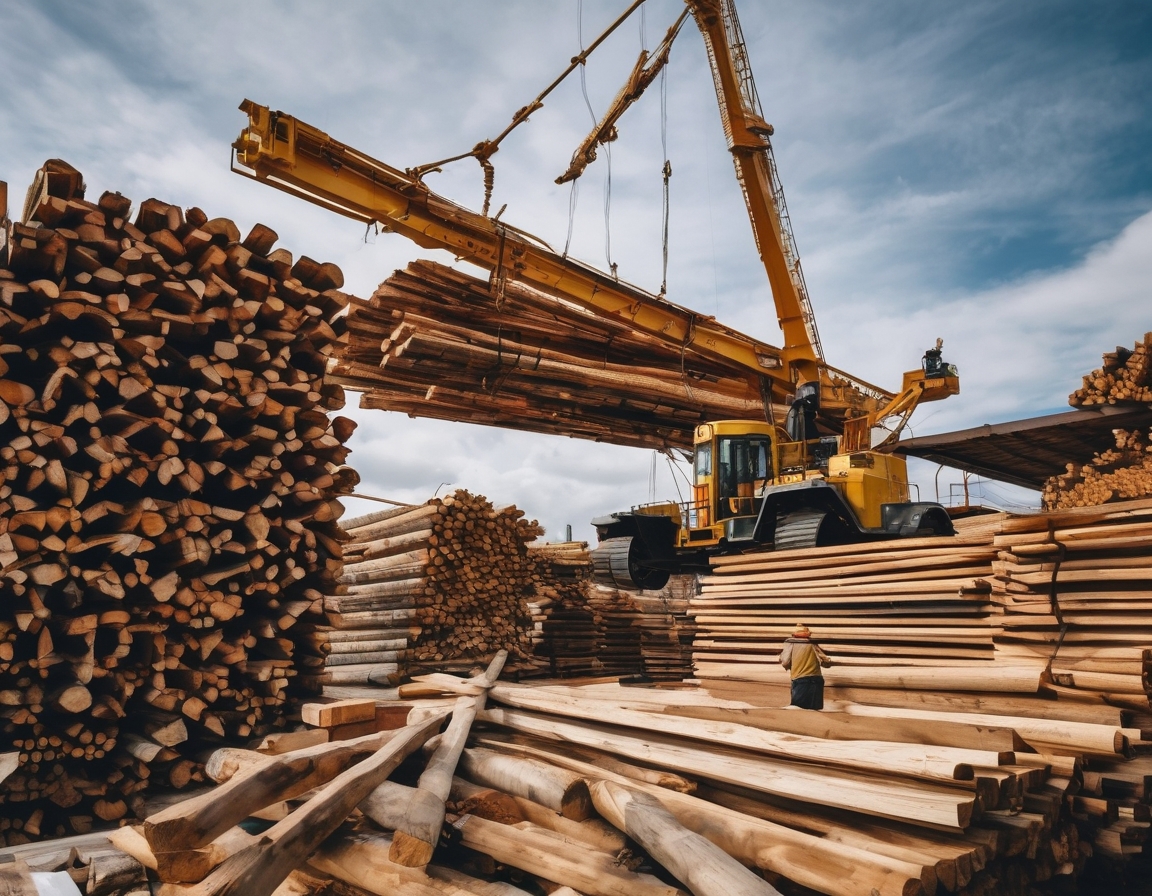Innovative transport solutions in the wood industry
The wood industry is a cornerstone of many economies, providing essential materials for construction, paper production, and energy. However, transporting these materials from forests to processing facilities and markets poses significant challenges. These include the need for efficient logistics, minimizing environmental impact, and ensuring the safety and quality of the wood during transit.
The Importance of Innovative Transport Solutions
As the demand for wood products grows, so does the need for innovative transport solutions. These solutions are crucial for enhancing the efficiency of supply chains, reducing carbon footprints, and meeting the increasing expectations of environmentally conscious consumers and businesses. By adopting cutting-edge transport technologies, the wood industry can address these challenges effectively.
Types of Innovative Transport Solutions
Advanced logistics and planning are at the heart of innovative transport solutions. Utilizing sophisticated software and data analytics, companies can optimize routes, reduce fuel consumption, and improve delivery times. This not only enhances operational efficiency but also contributes to sustainability by lowering emissions.
Sustainable transport technologies are transforming the wood industry. Electric and hybrid vehicles, biofuel-powered machinery, and energy-efficient transport modes are becoming increasingly prevalent. These technologies help reduce the industry's reliance on fossil fuels and decrease its overall environmental impact.
Automation and smart technologies are revolutionizing the way wood is transported. From automated loading and unloading systems to smart tracking devices, these innovations enhance precision and reduce human error. They also provide real-time data, allowing companies to monitor and adjust their operations dynamically.
Benefits of Innovative Transport Solutions in the Wood Industry
Innovative transport solutions significantly reduce the environmental impact of the wood industry. By adopting cleaner technologies and optimizing logistics, companies can lower their carbon emissions and contribute to global sustainability efforts.
Cost efficiency is another major benefit. By streamlining operations and reducing waste, innovative transport solutions help companies save money. These savings can be reinvested into further innovations or passed on to consumers, enhancing competitiveness.
Operational efficiency is greatly improved through the use of advanced transport solutions. Faster delivery times, reduced downtime, and improved resource management all contribute to a more efficient and reliable supply chain.
Future Trends in Wood Industry Transport Solutions
The future of transport in the wood industry is promising, with ongoing advancements in technology and sustainability. Emerging trends include the integration of artificial intelligence for predictive logistics, the use of drones for monitoring and delivery, and the development of even more sustainable transport modes. These innovations will continue to shape the industry, making it more efficient and environmentally friendly.






Comments (0)